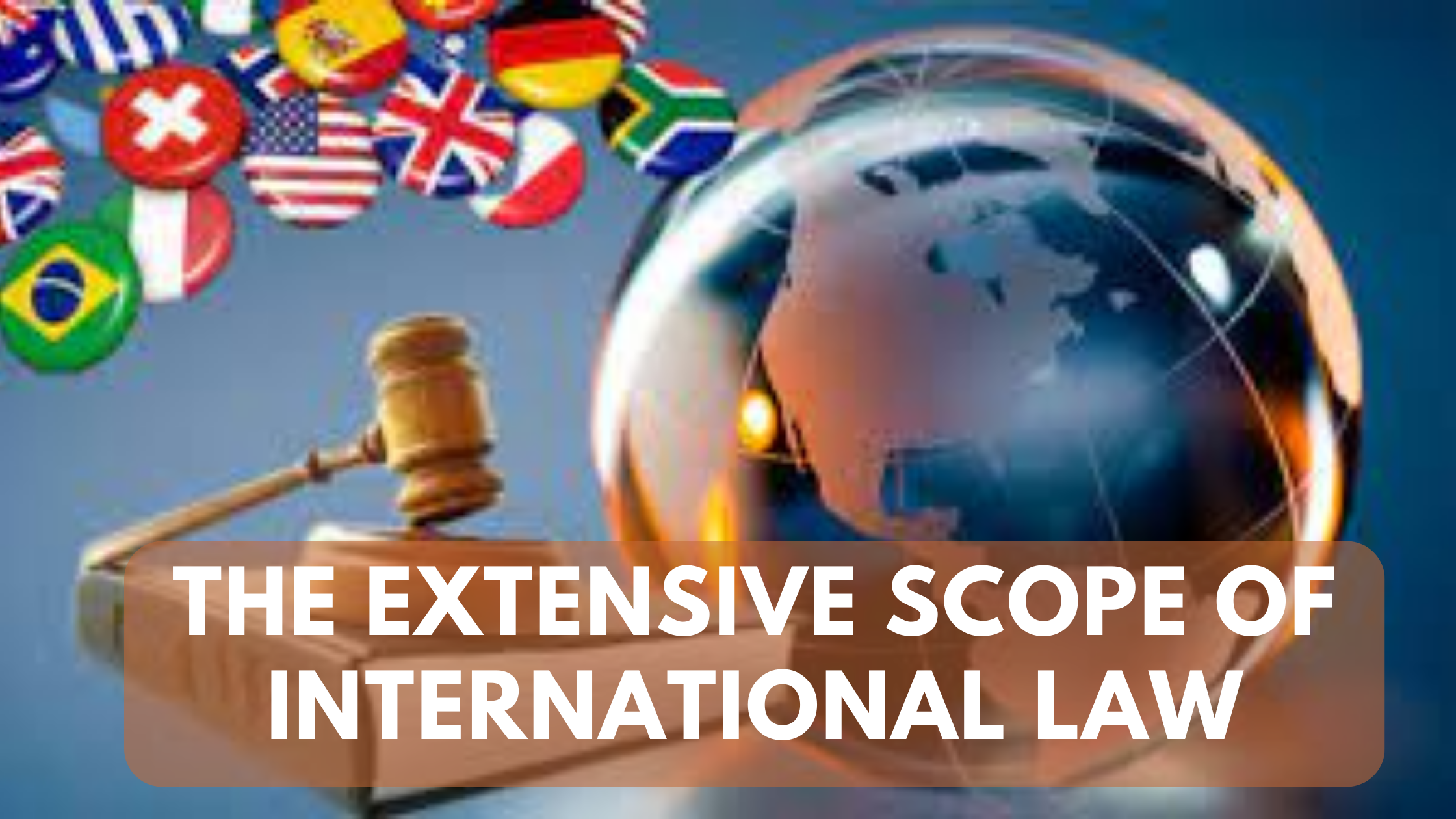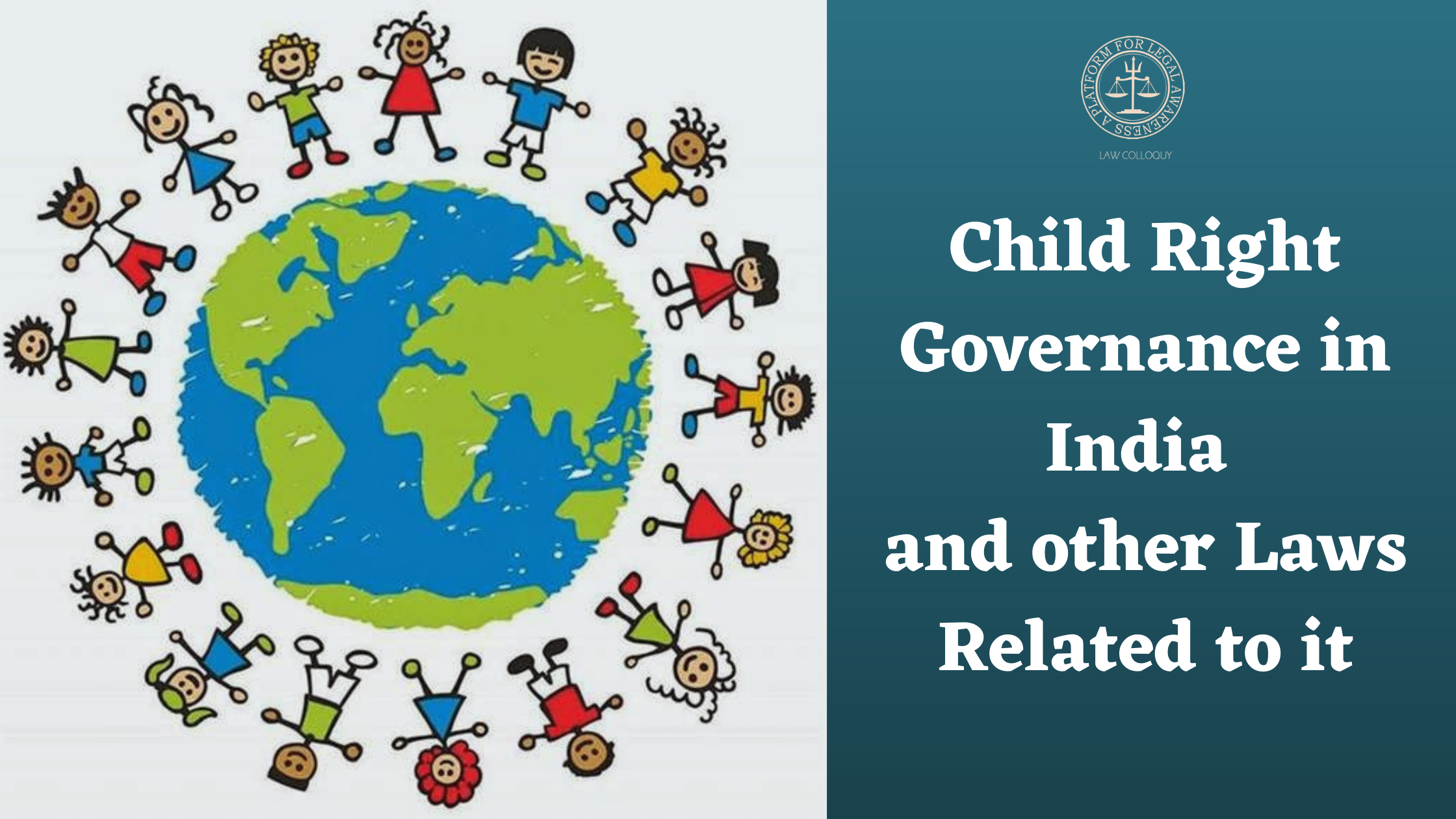DIFFERENCE BETWEEN MUNICIPAL AND INTERNATIONAL LAW
As in other jurisdictions, there is a significant distinction between municipal and international law in India. Both types of law operate within different realms and serve distinct functions. This blog discusses detailed exploration of the differences between municipal and international law in the Indian context.
The Extensive Scope of International Law
International law, a dynamic and ever-evolving field, encompasses many legal principles and norms that regulate interactions between sovereign states, international organisations, and individuals on the global stage. As the world becomes increasingly interconnected, the scope of international law has expanded, offering diverse and challenging opportunities for legal professionals. The scope of international law is expansive and dynamic, encompassing diverse areas ranging from human rights and diplomacy to trade and environmental protection. This blog explores the multifaceted scope of international law, highlighting the various avenues and its crucial role in addressing global challenges.
Child Right Governance in India and other Laws Related to it
Perhaps the most well-known definition of ‘global governance’, James Rosenau designates it as ‘organisations of rubrics at all stages of hominoid action – from the domestic to the worldwide organisation.’ Today the perception of authority has wedged the attention of researchers in fields like political science, economics, business studies, and global relations to analyse an inclusive variety of marvels such as school life, worldwide policy-making, global organisations, public health, monetary dealings, street gangs or traffic rules. Children and youth are in many circumstances obtainable as ruled by others – parents, teachers, social services, religious establishments, or out of control. For youthful scholars, though, the opposite has been basic in the influence of the field of juvenile studies over the last decades. The intervention of children and young people certainly also impact the schemes of guidelines and governance that border them. They are thus as much theme to these systems as they can be energetic and shapers of them, in many cases organised with or in equivalent to the adults adjacent them. Contempt this heading of children as being both marks and shapers of governance, though, with some exceptions, the methodical study of the governance of children and youth have established little consideration within childhood studies as well as to the examination of how child rights are assumed to form in national and multinational politics, law and society.

.png)

